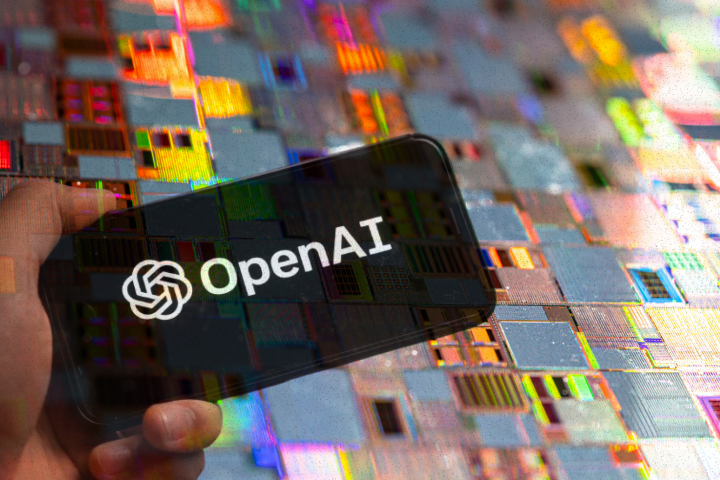ElevenLabs, the company that makes computers talk like real people, is planning something big. It wants to go public. That means it hopes to sell shares on the stock market, within the next five years.
CEO and co-founder Mati Staniszewski says the company is growing fast and thinking global. He wants to open more offices in places like Paris and Singapore. Right now, ElevenLabs already has offices in New York, San Francisco, Warsaw, and London.
London is the main hub for its global work. But who knows, maybe soon it’ll be speaking in even more time zones.
So, what does ElevenLabs actually do?
It builds tools that create human-like voices. You type in words, and the software says them out loud, smoothly. It can also turn voice into text, copy real voices, and even help users make brand-new ones. It’s not magic, but it’s close.
Lots of big names already use their tech. The New York Times, The Washington Post, The New Yorker, and The Atlantic all work with ElevenLabs. Time Magazine even used it to make a talking version of its “Time AI” platform.
Now, readers can ask questions and hear answers in a friendly voice that sounds like a person, not a robot.
And yes, there’s more. ElevenLabs also partnered with a company called Augie to help create AI-powered marketing videos. Basically, it’s helping businesses sound better, faster.
The company recently launched mobile apps for Android and iOS too. That means anyone can use these talking tools right from their phone. Think of it as Siri’s cooler cousin.
Oh, and investors are paying attention. In early 2025, ElevenLabs raised almost $200 million. Its value tripled to $3.3 billion. Not bad for a company that mostly makes computers talk.
But about that IPO… it depends. Mati said ElevenLabs might go public if the market is “right.” He also mentioned that London is an option, if the UK can “speed things up.” Translation: London is nice, but only if it keeps up with the big leagues.
So, what’s the takeaway? ElevenLabs is growing fast, it’s aiming big, and it wants to become a company you can invest in. Soon, your favorite podcast or news article might be read aloud by an AI, and you might own a piece of the company behind it.
Now that’s something worth talking about.












